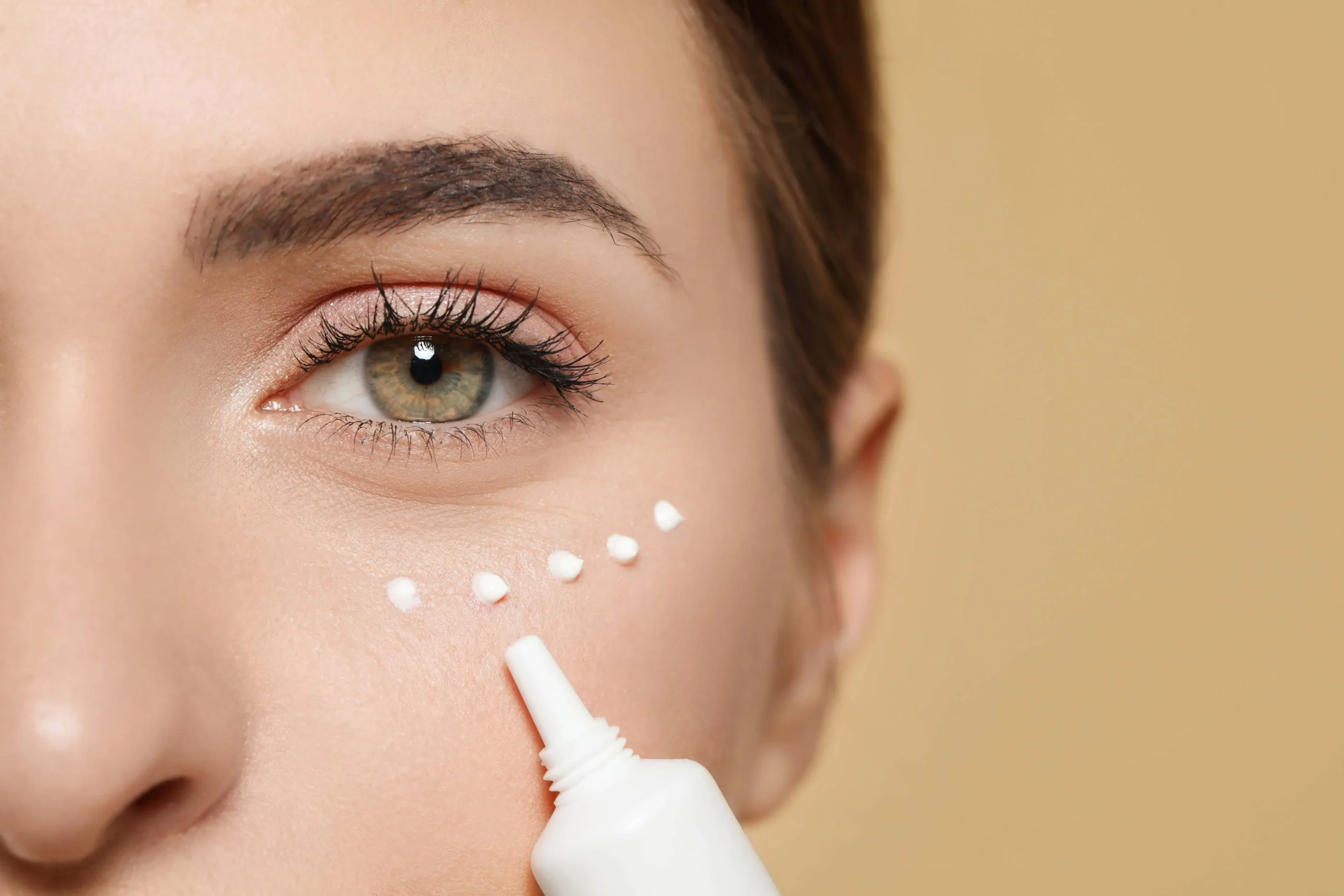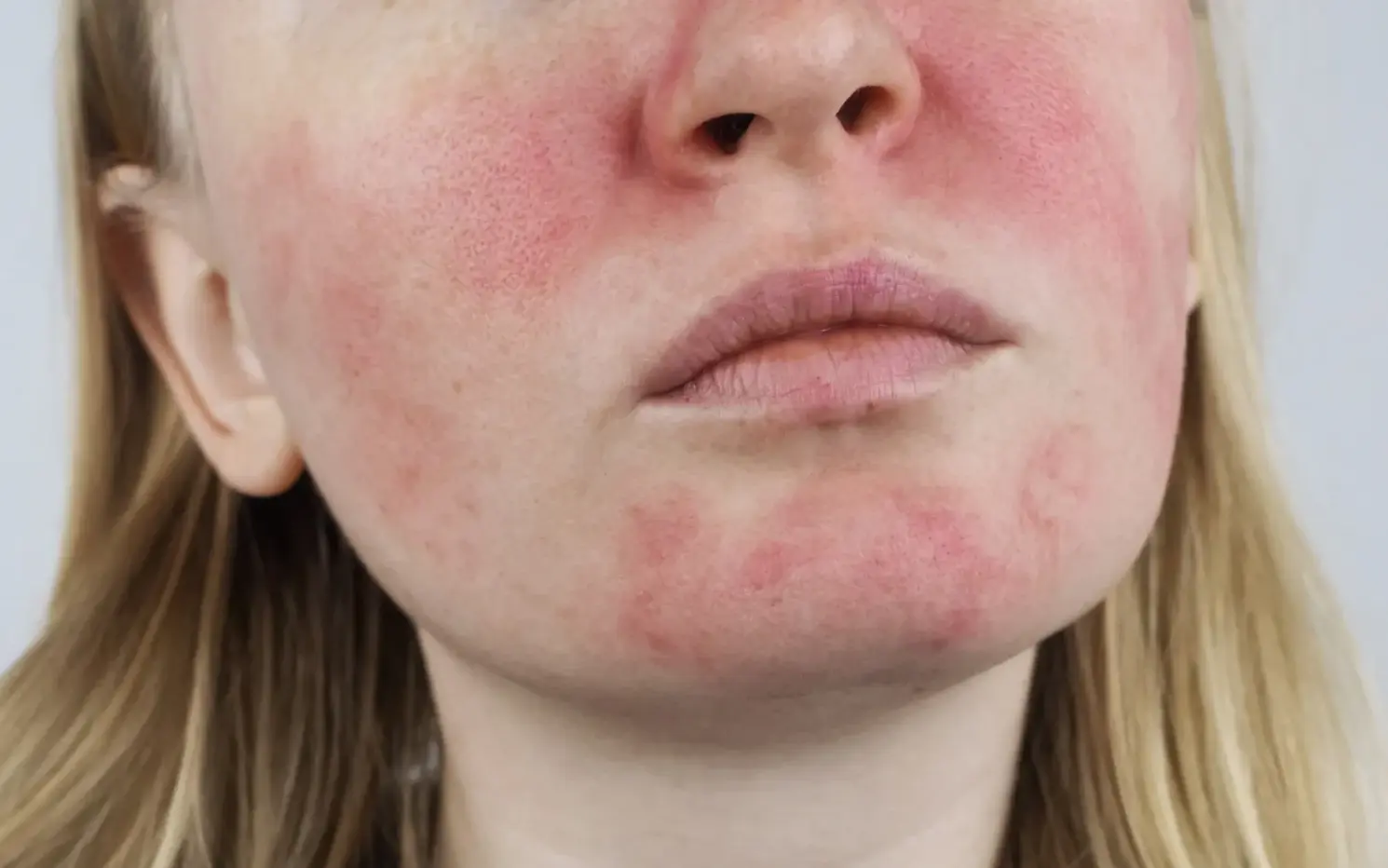In the quest for radiant, healthy skin, it’s easy to fall into the trap of overloading your skincare routine with multiple products and treatments. But how much is too much? Overdoing it with skincare can sometimes lead to more harm than good, causing irritation, sensitivity, or even worsening skin issues. In this blog post, we’ll explore the concept of “too much” in skincare, signs that you might be overdoing it, and how to strike the right balance for optimal skin health.
Understanding the Balance in Skincare
1. The Role of Ingredients
Each skincare product contains specific ingredients designed to address particular skin concerns, from acne to aging. While it’s tempting to use multiple products, introducing too many active ingredients can overwhelm your skin and disrupt its natural balance. It’s crucial to understand how different ingredients work together and to avoid combining too many potent actives at once.
2. The Importance of Moderation
Moderation is key when it comes to skincare. Using excessive amounts of products or applying them too frequently can lead to skin irritation and adverse reactions. A well-balanced skincare routine should address your skin’s needs without overwhelming it.
Signs You Might Be Overdoing It
1. Increased Sensitivity
If your skin becomes unusually red, itchy, or sensitive, it could be a sign that you’re using too many products or applying them too often. Over-exfoliating or layering multiple active ingredients can strip the skin’s natural barrier, leading to increased sensitivity.
2. Breakouts and Irritation
Excessive use of certain products, such as those with strong actives (like retinoids or acids), can lead to breakouts, peeling, or irritation. If your skin is reacting negatively, it’s a signal to reassess your routine.
3. Dryness and Flakiness
Using too many drying ingredients or products that disrupt the skin’s moisture barrier can result in dryness and flakiness. This is especially true if you’re overusing exfoliants or cleansing products.
4. Dull or Lackluster Skin
Ironically, overloading your skin with products can sometimes result in a dull or lackluster complexion. This can happen when your skin is irritated or compromised, affecting its natural glow.
How to Strike the Right Balance
1. Simplify Your Routine
Start with a basic skincare routine that includes a gentle cleanser, moisturizer, and sunscreen. Gradually introduce additional products, paying attention to how your skin responds. A simple routine can be highly effective and reduce the risk of overdoing it.
2. Focus on Key Ingredients
Instead of using multiple products with similar claims, choose a few key ingredients that address your primary skin concerns. For example:
- Acne: Consider using a product with salicylic acid or benzoyl peroxide.
- Anti-Aging: Opt for products with retinoids or antioxidants.
- Hydration: Look for hyaluronic acid or ceramides.
3. Avoid Layering Potent Actives
Combining multiple potent actives, such as retinoids, AHAs, and BHAs, can overwhelm your skin. Use these ingredients on alternate days or focus on one active ingredient at a time to avoid irritation.
4. Patch Test New Products
Conduct a patch test to confirm any negative reactions prior to introducing a new product into your routine. Apply a small quantity of the product to a discreet area and watch for any indications of irritation.
5. Listen to Your Skin
Keep an eye on your skin’s reactions and modify your routine as necessary. If you notice signs of irritation or discomfort, simplify your regimen and give your skin time to recover.
6. Consult a Dermatologist
If you’re unsure about how to balance your skincare routine or are experiencing persistent issues, consult a dermatologist. They can provide personalized advice and help you develop a routine that meets your skin’s needs.
The Basics of a Balanced Skincare Routine
1. Cleansing:
Use a mild cleanser to cleanse away impurities while preserving your skin’s natural oils. Cleansing twice daily—morning and night—is generally sufficient.
2. Moisturizing:
Apply a moisturizer suited to your skin type to maintain hydration and support the skin barrier. Choose a formula that balances moisture without feeling heavy or greasy.
3. Sunscreen:
Daily sun protection is crucial for preventing damage and maintaining healthy skin. Always apply broad-spectrum sunscreen with an SPF of 30 or more, even when it’s cloudy.
4. Exfoliation:
Exfoliate 1-2 times a week with a gentle exfoliant to remove dead skin cells and improve texture. Refrain from over-exfoliating as this may cause skin damage.
5. Targeted Treatments:
Incorporate targeted treatments for specific concerns, such as serums with Vitamin C for brightening or retinoids for anti-aging, but use them as directed and not in excess.
Conclusion
Finding the right balance in your skincare routine is essential for maintaining healthy, radiant skin. While it’s tempting to try every new product or ingredient, moderation and understanding your skin’s needs are key. By simplifying your routine, focusing on essential ingredients, and listening to your skin, you can achieve optimal results without overdoing it. Remember, less can often be more when it comes to skincare, and taking a thoughtful approach will help you maintain a beautiful and healthy complexion.





